Unpaid Seller Rights under the Sale of Goods Act
Introduction
In every contract of sale, the seller is obligated to deliver the goods sold, and the buyer is required to pay the agreed amount, known as quid pro quo, as part of the contract. This reciprocal exchange of promises is referred to as a "reciprocal promise" under Section 2(f) of the Indian Contract Act. Essentially, any set of promises that form the consideration for each other are called reciprocal promises, and every contract for the sale of goods involves such promises.
Who is an Unpaid Seller under the Sale of Goods Act?
An unpaid seller is someone who:
- Has not received the full price for the goods.
- Has received conditional payment, such as a bill of exchange, promissory note, or cheque, which has subsequently been dishonored. Initially, the seller is simply considered a seller, but upon the dishonor of these instruments, the seller becomes an unpaid seller.
Rights of an Unpaid Seller under the Sale of Goods Act
The rights of an unpaid seller, known as "rights in rem," apply against the goods when the property has already passed to the buyer. These rights include:
Right of Lien (Section 47)
The right of lien allows the seller to retain possession of the goods until payment is made. This right is available to an unpaid seller who still has possession of the goods, particularly if the goods were sold without credit or the credit period has expired, or if the buyer has become insolvent.
Rules Regarding Lien:
- Possession of the goods is essential to exercise the right of lien.
- The lien remains even if the seller has parted with the document of title to the goods.
- The possession of the goods by the seller must not expressly exclude the right of lien.
- The lien is exercised only for the price due, not for other charges like warehouse rent or carriage expenses.
- If part of the goods has already been delivered, the seller may still exercise a lien on the remainder.
The seller loses the right of lien under the following circumstances:
- Delivery of the goods to a carrier or bailee for transmission to the buyer without reserving the right of disposal.
- The buyer or their agent lawfully obtains possession of the goods.
- The seller waives the right of lien, either expressly or impliedly. An express waiver occurs if the contract explicitly states that the seller will not retain possession of the goods even if the price is unpaid. An implied waiver occurs when the seller grants credit or extends the credit period.
Right of Stoppage in Transit
The right of stoppage in transit allows the unpaid seller to stop the goods while they are in transit, after losing possession, and regain control. This right arises if the buyer becomes insolvent while the goods are in transit—meaning they have been dispatched but have not yet reached the buyer.
Conditions for Stoppage of Goods:
- The seller must be unpaid, either wholly or partially.
- The buyer must have become insolvent.
- The goods must be in transit—meaning they are not in the possession of the seller and have not yet reached the buyer.
Transit ends under the following conditions:
- Delivery to the buyer or their agent.
- Interception by the buyer, meaning the buyer or their agent takes possession before the goods reach the final destination.
- Acknowledgment by the carrier or courier that they are holding the goods on the buyer’s behalf.
- Part delivery of goods—if part of the goods has been delivered to the buyer, the transit ends for the remaining goods.
Right of Resale
The unpaid seller also has the right to resell the goods under certain conditions:
- If the goods are perishable, the seller can resell them immediately without notifying the buyer.
- For non-perishable goods, the seller must give notice to the buyer of the intention to resell. If the buyer still fails to pay within a reasonable time, the seller can proceed with the resale.
- If the right of resale is reserved or mentioned in the contract.
- If the buyer becomes insolvent or fails to pay for the goods.
If the seller resells the goods and incurs a loss, they can claim the difference from the buyer as damages. If there is a profit, the seller is not obligated to hand it over to the buyer. If the property in the goods has not passed to the buyer, the unpaid seller also has the right to withhold delivery in addition to other remedies.
Share
Related Post
Tags
Archive
Popular & Recent Post




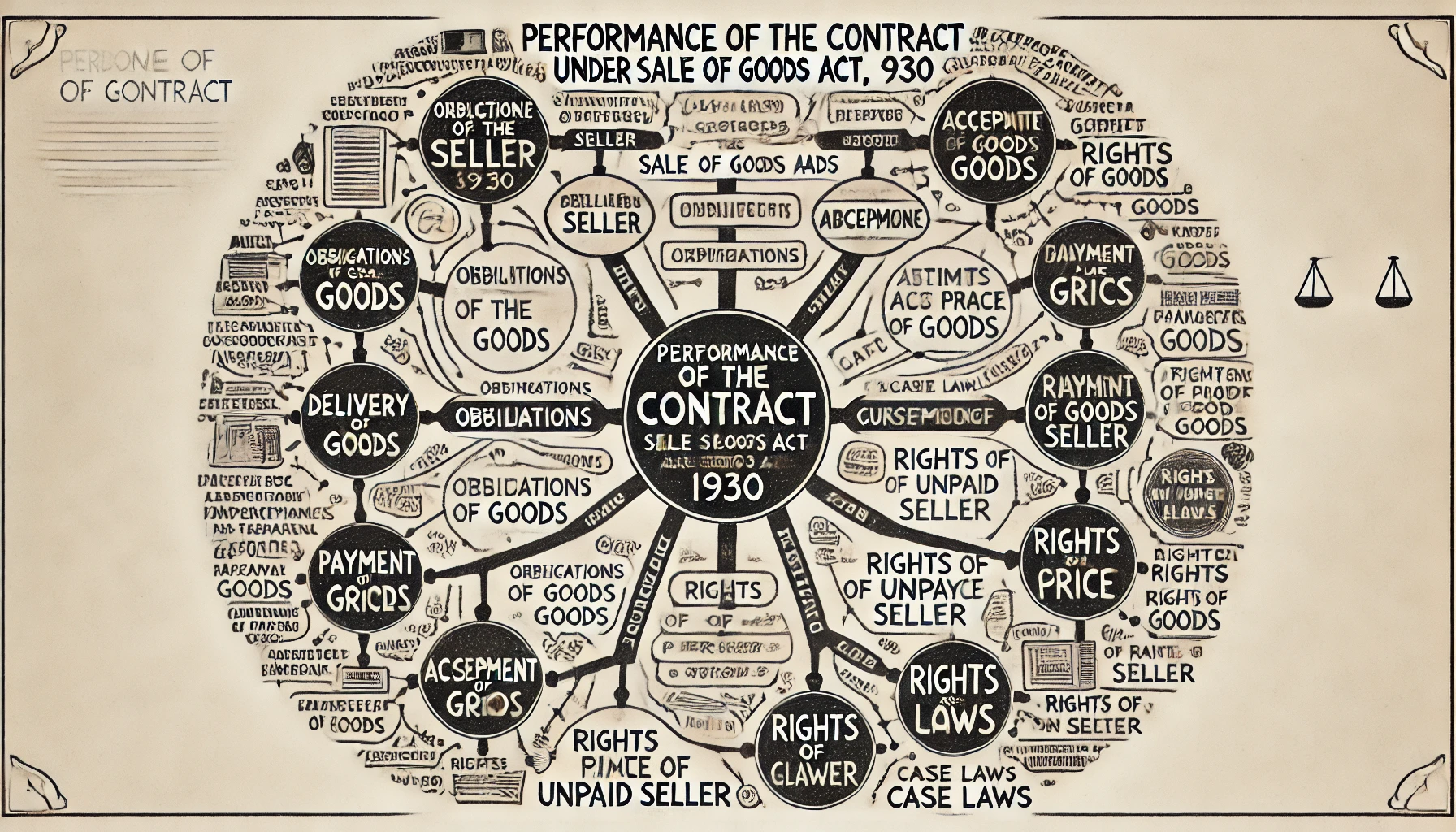
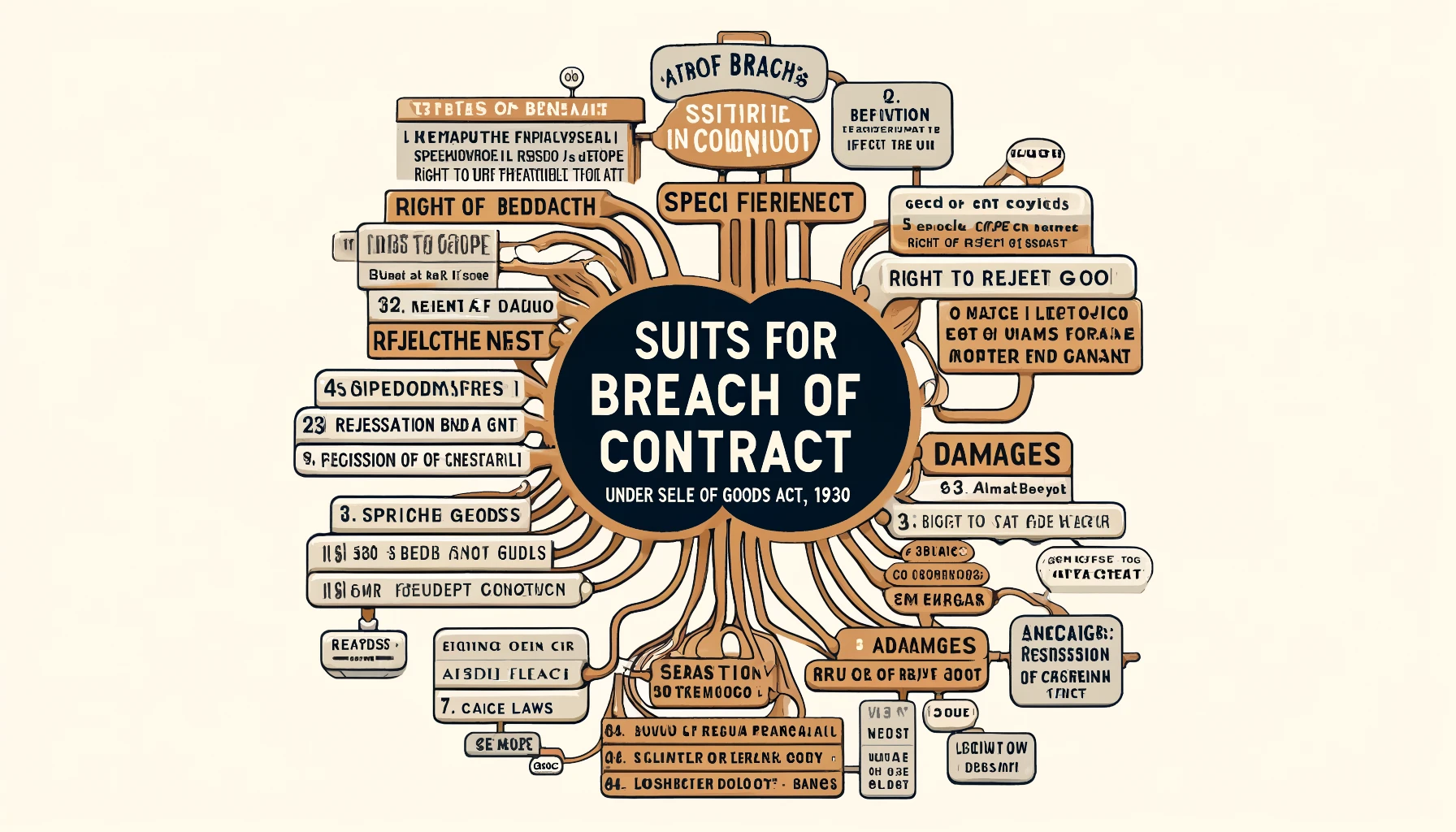
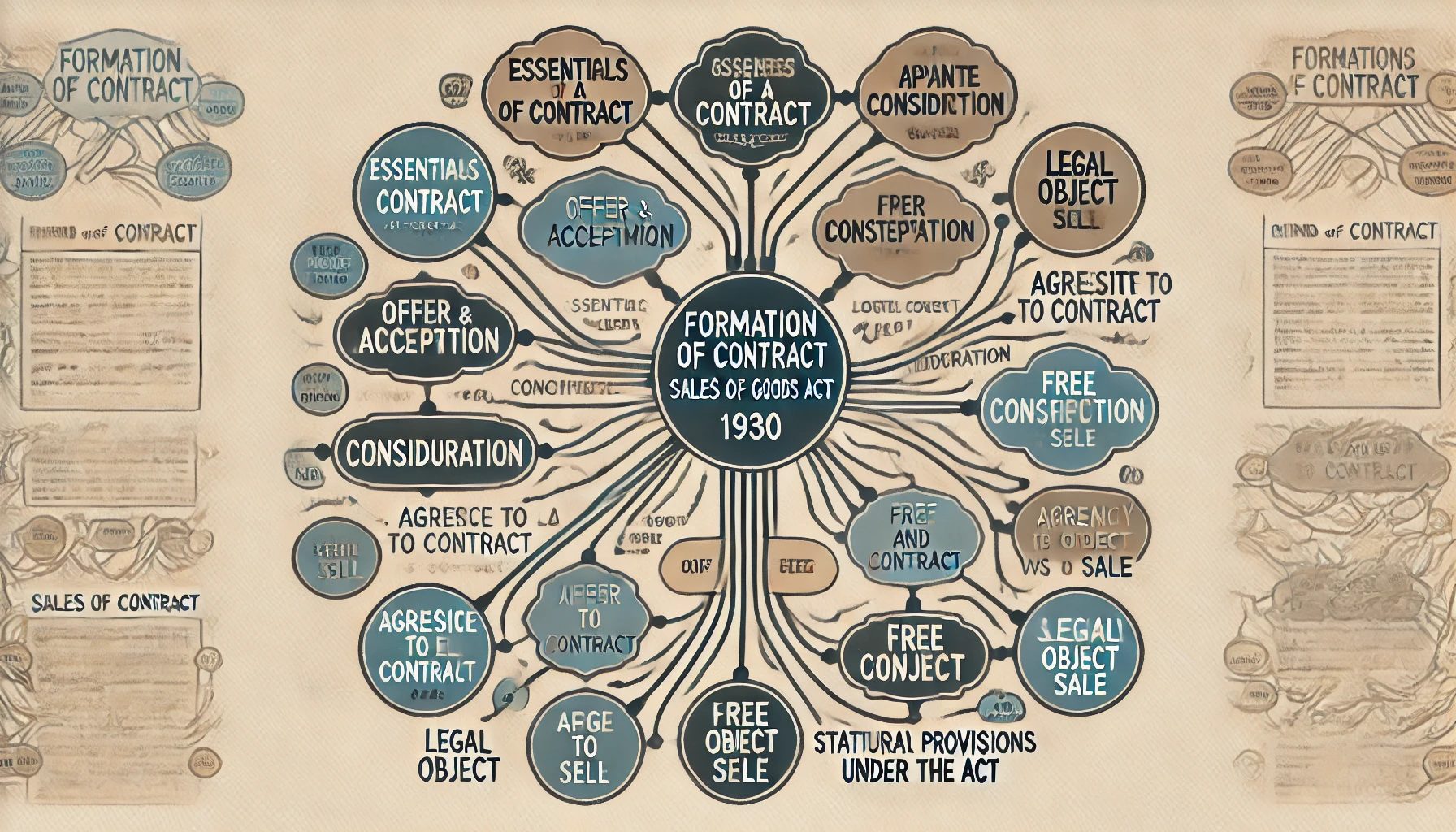
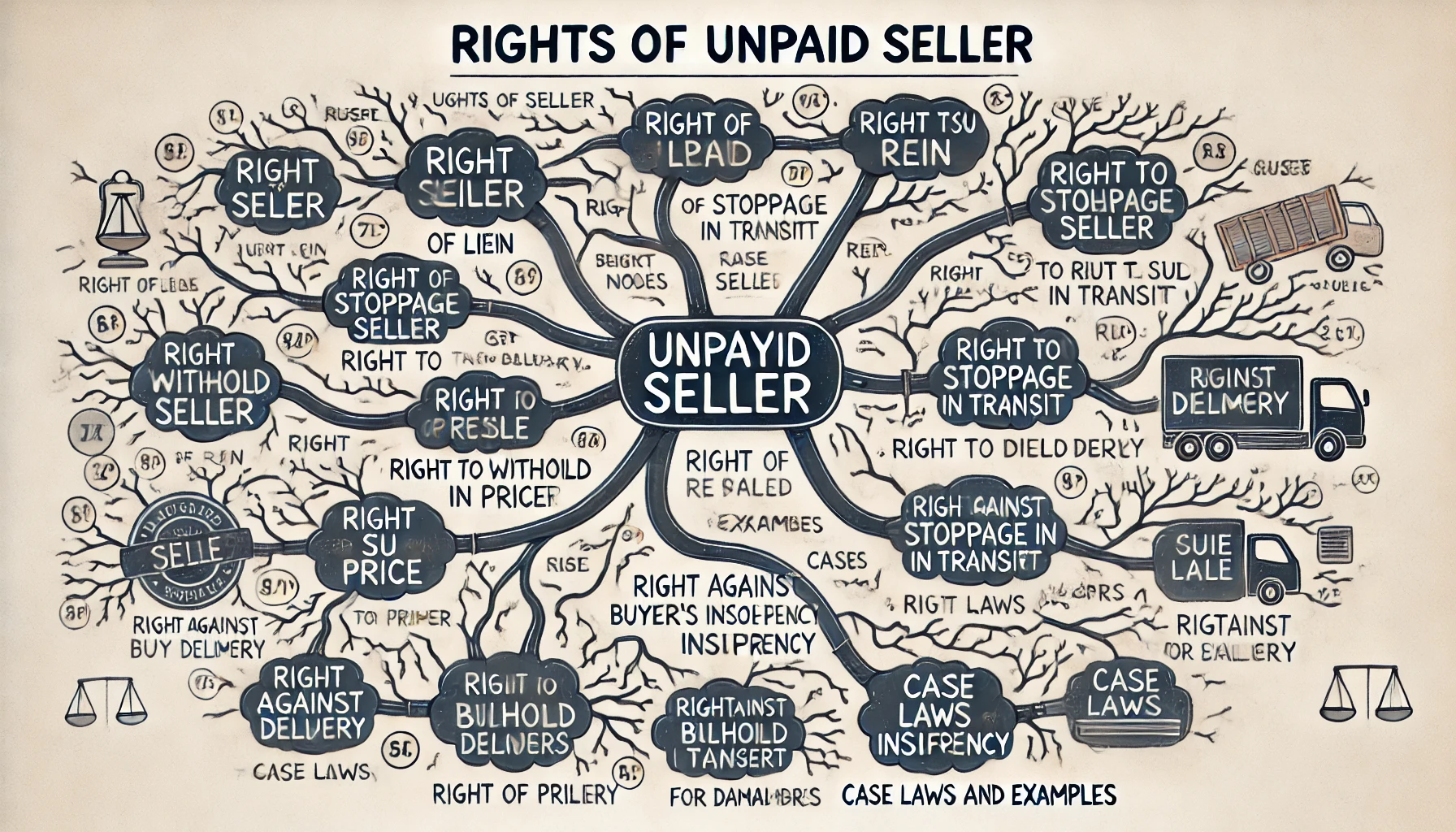
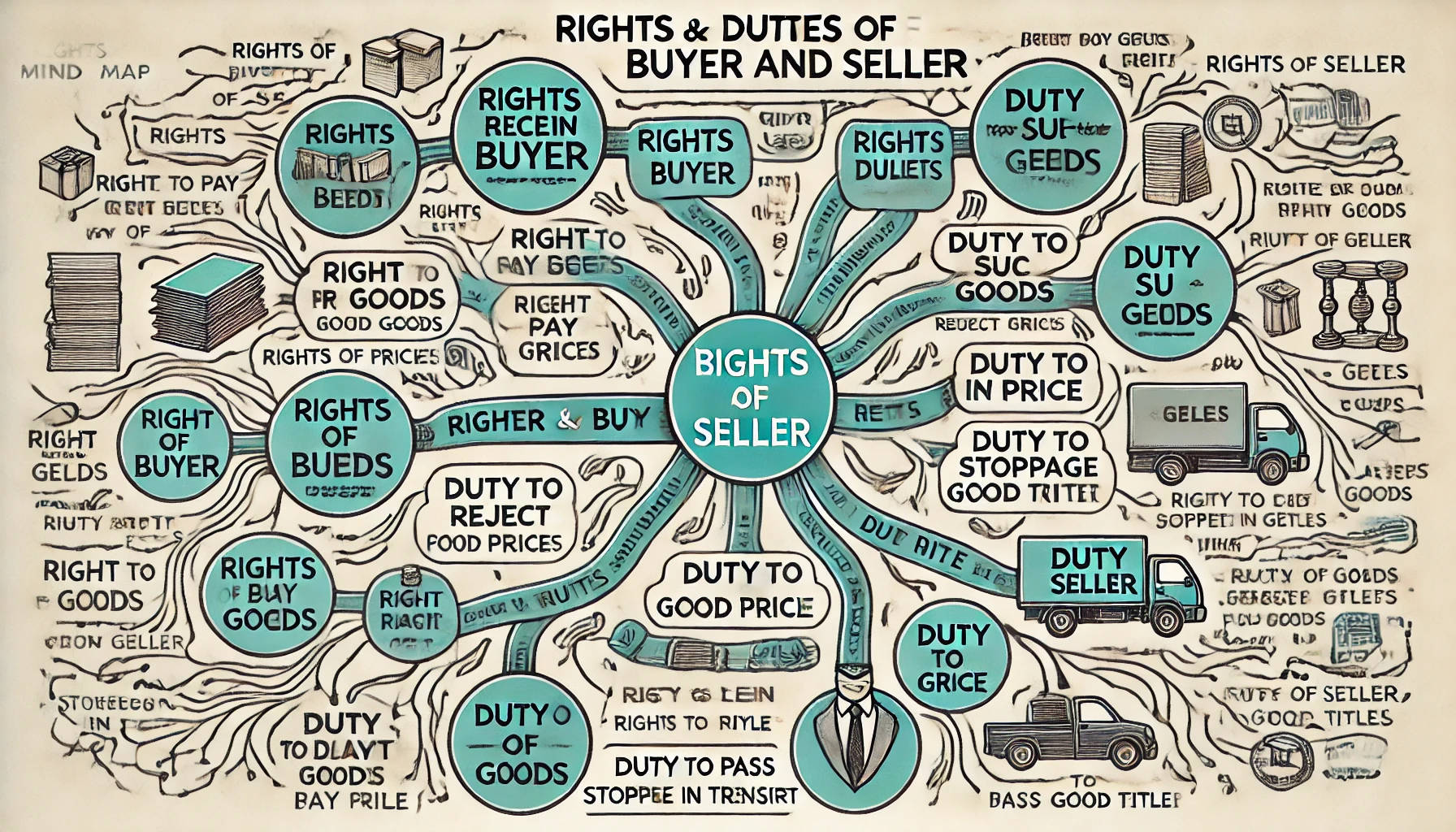




































































































Comment
Nothing for now